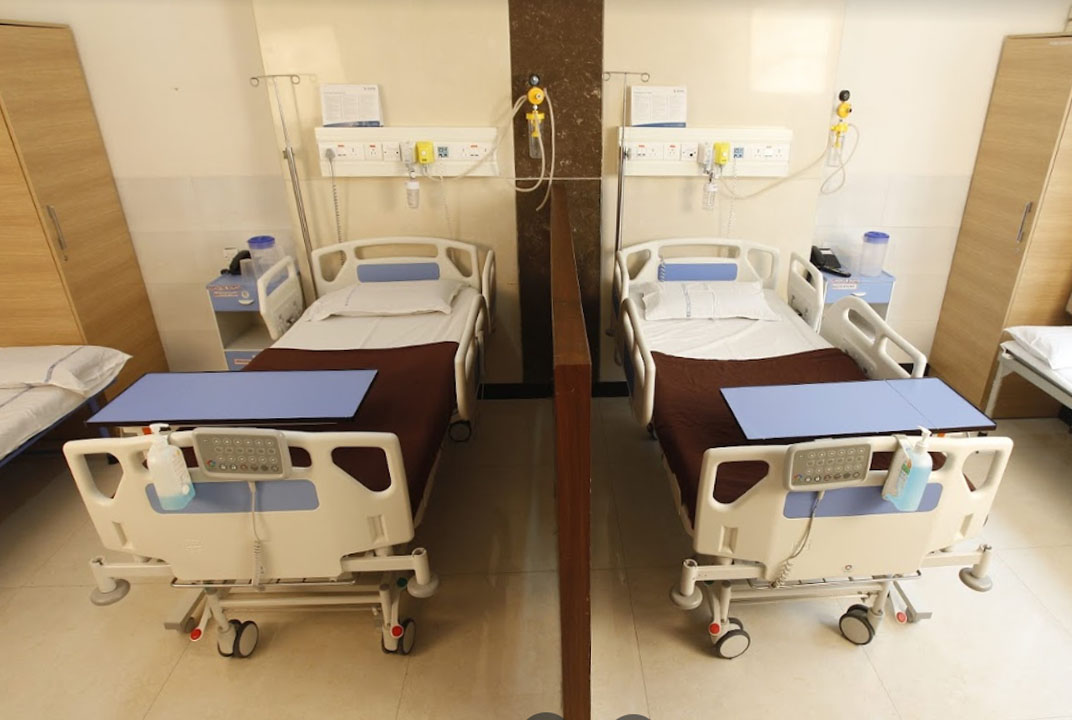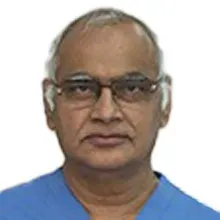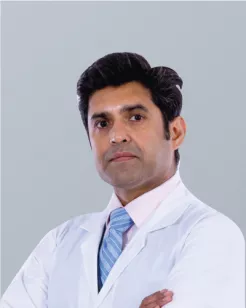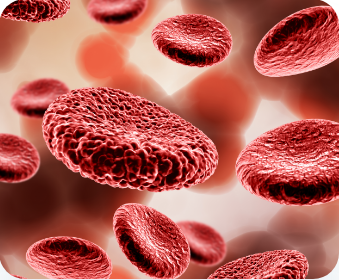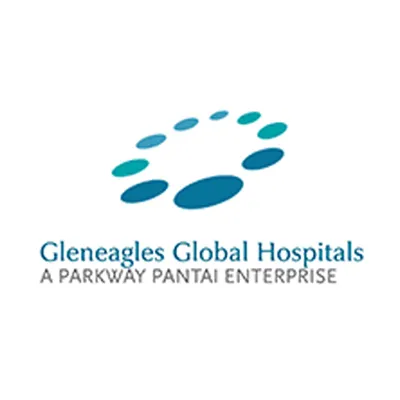Cardiology : Focuses on the diagnosis and treatment of heart disease, including coronary artery disease, heart failure, and arrhythmias.
Critical Care Medicine : Provides intensive care for critically ill patients in intensive care units (ICUs), often utilizing advanced life support measures.
Dermatology : Deals with the diagnosis and treatment of skin, hair, and nail conditions such as acne, eczema, and psoriasis.
Emergency Medicine : Provides initial evaluation and treatment for patients with acute illnesses and injuries in emergency departments.
Endocrinology : Deals with the hormonal system, diagnosing and treating disorders of hormone-producing glands, like diabetes, thyroid disorders, and growth problems.
ENT (Otolaryngology) : Deals with the ear, nose, and throat, treating conditions like hearing loss, sinusitis, and tonsillitis.
Gastroenterology : Focuses on the digestive system, diagnosing and treating disorders of the esophagus, stomach, intestines, liver, and pancreas.
General Surgery : Performs a wide range of surgical procedures on various body parts, excluding the brain, heart, and spine.
Internal Medicine : Provides primary care for adults, focusing on prevention, diagnosis, and treatment of a wide range of medical conditions.
Medical Oncology : Deals with the diagnosis, treatment, and management of cancer using non-surgical methods like chemotherapy and immunotherapy.
Nephrology and Renal Transplant : Focuses on the kidneys and urinary tract, treating conditions like kidney failure and performing kidney transplants.
Neurology : Deals with the nervous system, diagnosing and treating disorders of the brain, spinal cord, and nerves, such as stroke, epilepsy, and Alzheimer's disease.
Neurosurgery : Operates on the brain and spinal cord to treat conditions like tumors, aneurysms, and spinal cord injuries.
Obstetrics & Gynecology : Provides care for women during pregnancy and childbirth, and also deals with female reproductive health issues.
Ophthalmology : Deals with the eye, diagnosing and treating eye diseases and performing eye surgery, including LASIK for vision correction.
Orthopedics : Focuses on the musculoskeletal system, diagnosing and treating disorders of bones, joints, muscles, ligaments, and tendons.
Pain Management : Focuses on the diagnosis and treatment of acute and chronic pain conditions.
Pediatric Surgery : Performs surgery on children from infancy to adolescence.
Pediatrics : Provides primary care for infants, children, and adolescents.
Plastic & Reconstructive Surgery : Performs surgery to restore function and appearance after injury, disease, or birth defects.
Psychiatry : Deals with mental health, diagnosing and treating mental illnesses like depression, anxiety, and schizophrenia.
Urology : Deals with the urinary tract and male reproductive system, treating conditions like kidney stones, urinary incontinence, and prostate cancer.













